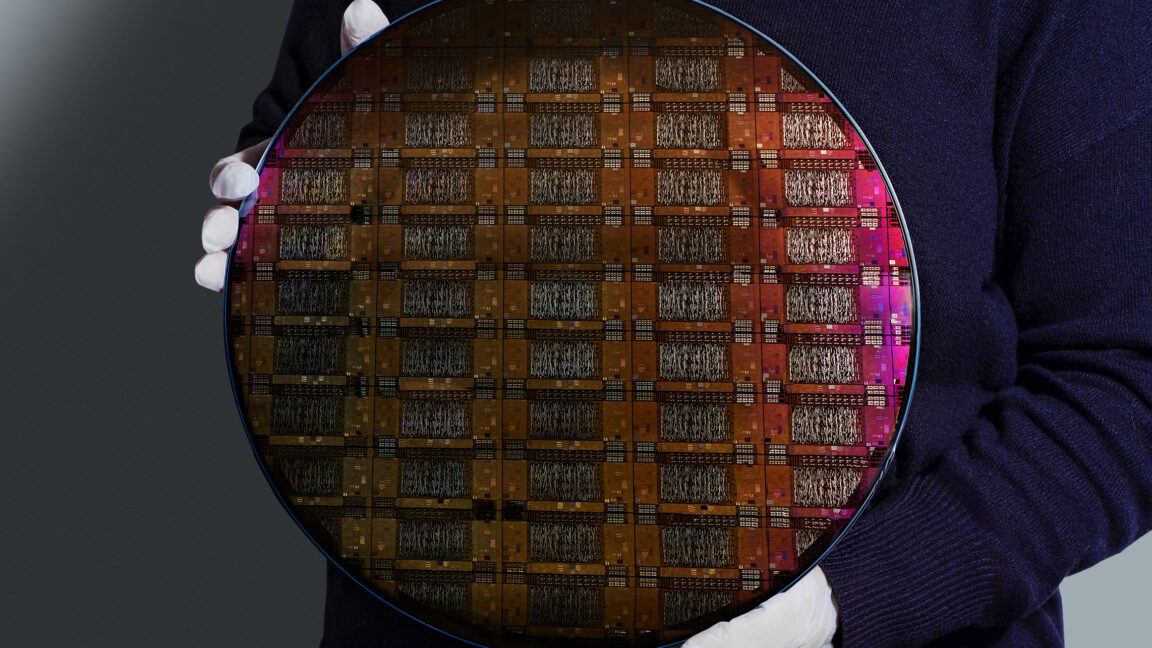
"IBM is one of the companies announcing a brand-new architecture this year. That's not at all a surprise, given that the company promised to do so back in June; this week sees the company confirming that it has built the two processors it said it would earlier in the year. These include one called Loon, which is focused on the architecture that IBM will use to host error-corrected logical qubits."
"In Loon, the company is using a square grid, with each qubit having connections to its four closest neighbors. This higher density of connections can enable more efficient use of the qubits during computations. But qubits in Loon have additional long-distance connections to other parts of the chip, which will be needed for the specific type of error correction that IBM has committed to. It's there to allow users to test out a critical future feature."
"The end of the year is usually a busy time in the quantum computing arena, as companies often try to announce that they've reached major milestones before the year wraps up. This year has been no exception. And while not all of these announcements involve interesting new architectures like the one we looked at recently, they're a good way to mark progress in the field, and they often involve the sort of smaller, incremental steps needed to push the field forward."
Year-end typically brings numerous quantum computing announcements as companies aim to declare milestones before year-end. IBM confirmed construction of two processors named Loon and Nighthawk. Loon shifts from the prior heavy-hex layout to a square grid where each qubit connects to four nearest neighbors, increasing connection density for more efficient qubit usage. Loon also includes long-distance connections across the chip to support the specific error-correction approach IBM plans to use and to let users test a critical future feature. Nighthawk is intended to address near-term performance and deployment needs. Other incremental announcements and trapped-ion updates also appeared recently.
Read at Ars Technica
Unable to calculate read time
Collection
[
|
...
]